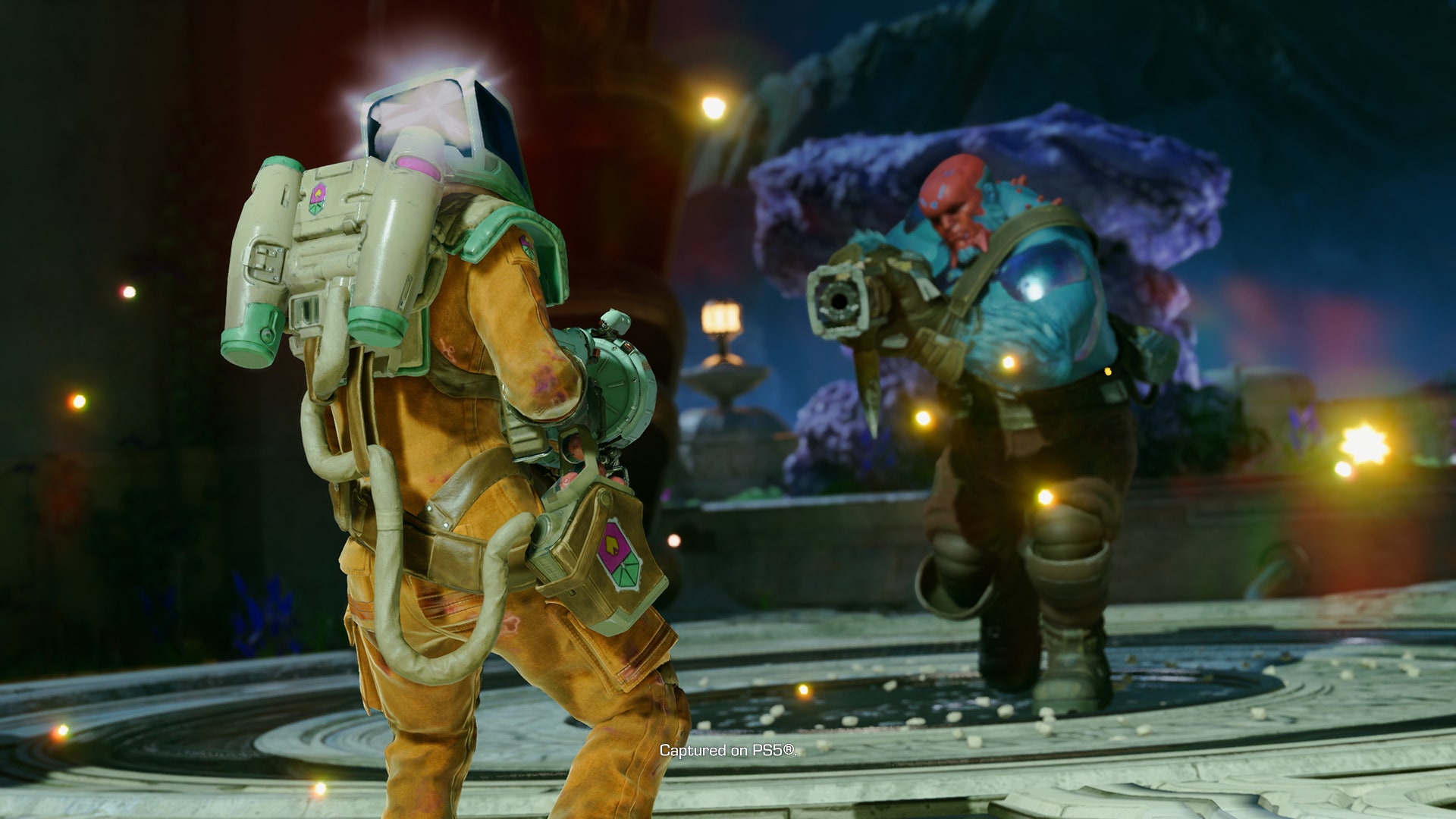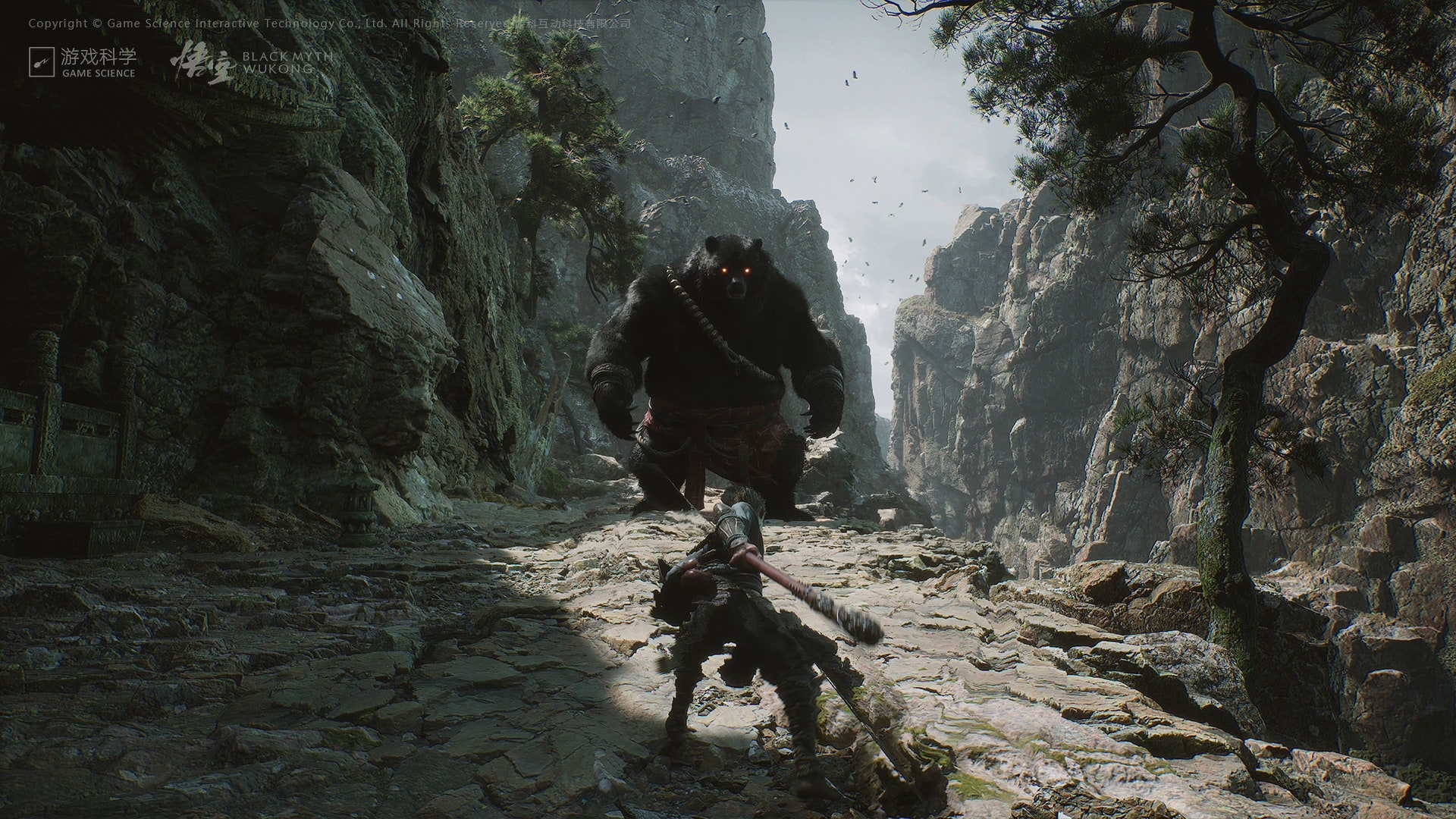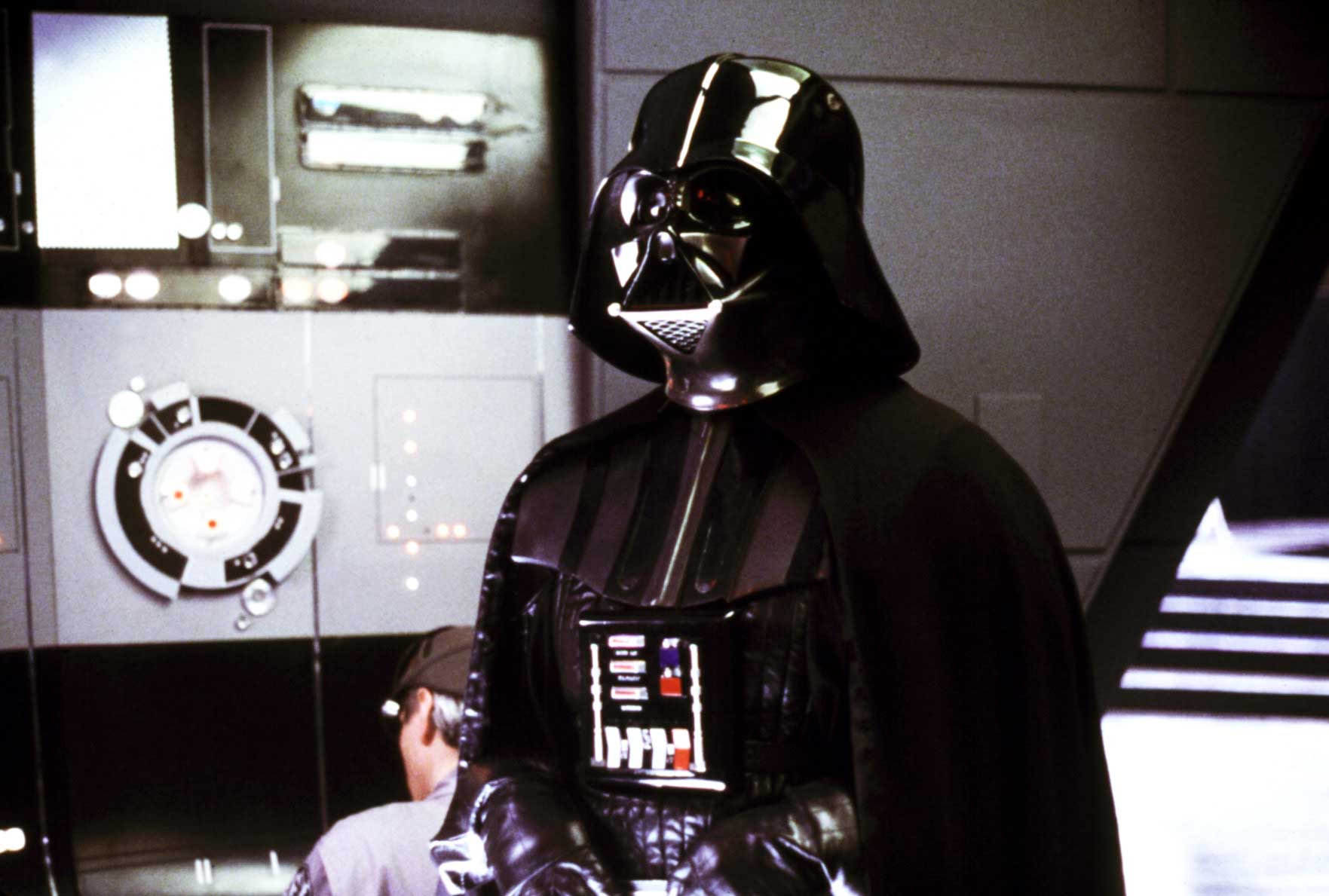The Death of ‘Concord’ Offers a Bleak Look at Gaming’s Future

Earlier this week, after warping across the galaxy for 90 hours in a sentient spacecraft, Twitch streamer John Wissmiller realized that Concord was the best first-person shooter he’d played in a decade.
“The gunplay was crunchy, the movement was smooth, and the progression felt rewarding,” he says. “I was even more enthralled by the world the developers had created when I looked into the lore.”
He wasn’t alone. “One of the biggest perks about the game was the absence of toxicity within the player community,” says Kelle Dees, a content creator at KDeesGamez. “Everything about the game was positive and inclusive.”
On Wednesday, less than two weeks after the game’s August 23 launch, Sony announced it was taking Concord offline and offering full refunds to anyone who had purchased it on PlayStation 5 or PC. “While many qualities of the experience resonated with players, we also recognize that other aspects of the game and our initial launch didn’t land the way we’d intended,” wrote Ryan Ellis, Concord’s director at Firewalk Studios, a division of Sony Interactive Entertainment.
“I was completely devastated,” Wissmiller says. “We’ve never seen a first-party title from Sony get this kind of treatment.”
In fact, we’ve never seen any AAA video game get this kind of treatment—and that’s what could make Concord a horrifying canary in the coal mine for gamers and game workers alike.
“It’s unprecedented for a game of this scale to be shut down so quickly,” says Liam Deane, a video game analyst at Omdia. “Usually publishers keep games that struggle at launch on life support for a while, but in Concord’s case the launch was so bad there was clearly no way back.”
Like Fortnite, Destiny 2, and Valorant, Concord was meant to be a live-service game that constantly released new updates over the course of several years. But while those other games are free to play—and rely on microtransactions to make money—Concord cost $40 up front. “It’s just very difficult to break into competitive multiplayer games [and] displace the existing top titles,” says Simon Carless, an industry analyst who publishes the GameDiscoverCo newsletter. “These are the kind of titles that players socialize with their friends in, and they’re often not motivated to switch games.”
Sony hasn’t revealed how many copies of Concord sold between August 23 and September 3, but the number of active PC players on the Steam platform peaked at just 697 on launch day. That’s abysmally low for a major release that spent eight years in development; Sony’s previous live-service game, Helldivers 2, had over 155,000 players on its first day, back in February, and later peaked at 458,709.
Helldivers 2, though, was a breakout hit that already had an established fanbase. Concord, on the other hand, was a brand-new franchise that didn’t get much of a marketing push and drew the ire of “anti-woke” snivelers who complained about the game’s use of pronouns on its character selection screen.
“For big companies, it’s difficult to work out what bets—and how large bets—you should make,” says Carless. “Some of the corporate overexuberance during Covid and low interest rates has meant that large companies overextended, and the pullback has been—and is going to be—painful.”
Over the past 20 years, the brutal blockbuster-or-bust mentality of Silicon Valley startups has spread to executives across the entertainment industry. Movies with $100 million production budgets are considered dead on arrival after a bad opening weekend and are quickly ripped from theaters. TV series are canceled after failing to meet undisclosed performance metrics in their first seasons.
Now, the quick death of Concord, which officially went offline today, points to a similar mindset in the video game industry that could kill creativity, reduce jobs, and shutter entire studios.
“If you have a stable parent company with a balanced set of single-player and [live-service] releases, you should be in decent shape,” says Carless. But “the middle of the market is disintegrating. The games industry is deprofessionalizing in many ways; games as a stable profession will be tricky for many people in high-GDP countries.”
If studio C-suites keep cutting all the buds that don’t instantly blossom, the golden age of gaming of the 2020s—a mix of AAA blockbusters like Elden Ring, The Legend of Zelda: Tears of the Kingdom, and Baldur’s Gate 3, alongside smaller-budget gems like Tunic, Chants of Sennar, and the reimagining of 1997’s Riven—could already be over.
“I think innovation is more likely to come from smaller companies with lower budgets that are happier to take risks,” says Piers Harding-Rolls, who leads the games research team at Ampere Analysis. “This has really been true for many years, but the current commercial environment makes that truer than ever.” Still, even the future of indies is uncertain and may be somewhat dependent on funding efforts like Innersloth’s Outersloth initiative.
Concord may have gotten off to a slow start with gamers (most of whom hadn’t heard of it yet) and critics (who didn’t love the initial character designs), but the same could be said of Elder Scrolls Online, which has since made more than $2 billion, or the Destiny franchise, which celebrates its 10-year anniversary this year, or No Man’s Sky, which has become a cult classic.
If those games were released now, would they survive longer than Concord did—longer than the lifespan of a honeybee? The answer lies with the most ruthless beekeepers in the industry, and all they care about is the honey.




